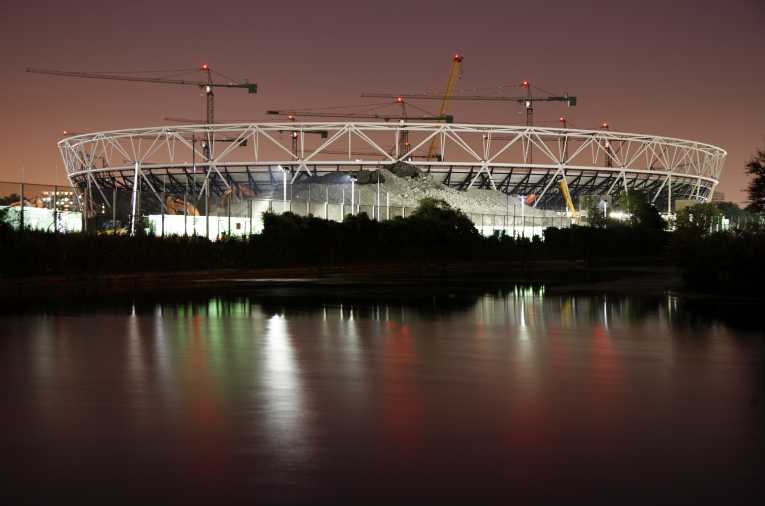The president of the International Olympic Committee (IOC) has made a commitment to make sporting venues across the world greener.
Speaking at the 9th Sport and Environment Congress in Doha, Jacques Rogge said environmental responsibility is central to the mission of the IOC.
''We have come a long way over the course of the past two decades. We have acknowledged and accepted our environmental responsibilities. I'm confident that our record of environmental progress will continue with next year's games in London, the 2014 games in Sochi and the 2016 games in Rio.''
2012 will not only mark the year of the next Olympics, hosted by London, it is also the twentieth anniversary of the United Nations Conference on Environment and Development, better known as Earth Summit, which set the benchmark for expectations and goals for organisations and governments for climate change and the responsibility for impact on the environment. Two years after the summit at the Winter Olympics in Lillehammer inn 1994 launched the IOC's commitment to sustainable practice with in construction, conserving energy and planning for the future.
Rogge was speaking at the conference which saw over 500 delegates from sport, business and the environment join each other for a three-day event organised by IOC and Qatar Olympic Committee in partnership with the United Nations Environment Programme (UNEP) to establish initiatives in reducing environmental impact from sporting events. The organisers for Munich's bid for the 2018 Winter Olympics also attended the event. They claim if successful, Munich would be the world's first carbon neutral Olympics.
Sustainability was at the heart of the bid for the London games. Only last month the organisers announced plans to to invest more than £1m in carbon reduction methods for local housing and in schools in four of the host boroughs. Through low energy lighting, insulation and standby switches it's hoped the Olympic Park's carbon emissions will be reduced by 50%.
The Olympic Delivery Authority's (ODA) commitment to green schemes and sustainability has been criticised by environmental campaigners in the past. Some voiced concerns that, as budgets were reduced in the face of the financial crisis that sustainability would become less of a priority for organisers.
It's an allegation denied by the ODA 's Principal Sustainable Development & Regeneration Manager Richard Jackson who says, ''From the outset of the project, the Olympic Park has set new standards in sustainability including the delivery of lightweight venues, the recycling or reuse of waste materials, using concrete with a high recycled content, and delivering materials by rail or water.
Beyond the huge sustainability benefits already delivered, we also set ourselves challenging targets on carbon-reduction and renewable energy. Despite exhaustive efforts we have not been able to find a cost-effective solution to deliver a large percentage of renewable technology on the Park but the plans for PV cells will still make an important contribution.
However, our carbon-saving plans for local homes and schools is a pioneering scheme, delivering significant local benefits and helping us meet our wider target to reduce the carbon footprint of the Olympic Park by 50 per cent by 2013.''










